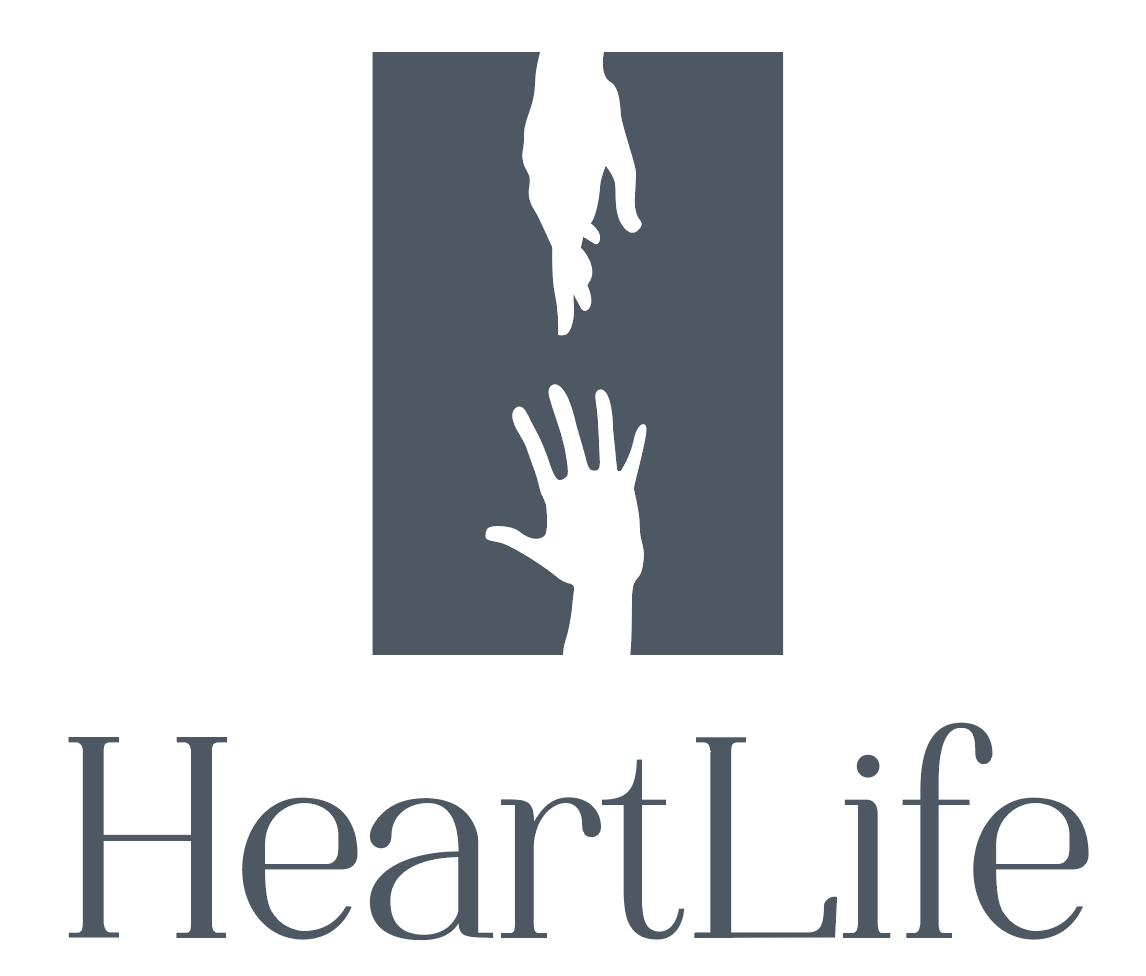On Eating Disorders
The term “eating disorder” refers to a variety of eating-related conditions including anorexia nervosa, bulimia, binge eating disorder, and other less well-known disorders such as ARFID (avoidant restrictive food intake disorder) and rumination disorder. For the purpose of this article, the focus will be on some of the characteristics of the most prevalent disorders seen at HeartLife, their symptoms, and the most effective treatment options.
Anorexia nervosa is characterized by below-average body weight, a fear of gaining weight and restrictive behaviors to avoid food and weight gain. It is a potentially life-threatening disorder and can be very dangerous. While typical anorexia nervosa can be easy to identify due to low body weight, some of the other disorders are often undiagnosed because they may be present even though a person may not exhibit dramatic decreases in weight. For example, atypical anorexia nervosa involves the same symptom patterns as anorexia nervosa, however, it does not include a below-average body weight. Bulimia is characterized by episodes of both binging and purging food but does not necessarily involve a below-average body weight. Binge eating disorder is characterized by patterns of out-of-control eating. Presently in America, binge eating disorder is the most common, and persons who struggle with it can exist in small or large bodies.
Mental and physical health practitioners must seek to understand a person’s patterns with food, exercise, tendencies towards binging, feelings toward their body, perceptions about weight gain, the amount of time an individual thinks about food, and tendencies around certain types of foods. All of these factors are significant when assessing an eating disorder.
When looking at eating disorders from a theological perspective, we recognize that we are created body, mind, spirit and soul. Our bodies are gifts to be stewards and vessels for which we are to care. Our bodies are not something to be rejected, criticized, enslaved or harmed. Therefore, as we learn to reflect God’s image in this world, we must be part of the journey of helping individuals reclaim their bodies as God’s creation - His creation to be nurtured, fed, cared for, celebrated, and embraced.
At HeartLife, we often counsel individuals who struggle in some way with their relationship with food and/or their body. In fact, following a traumatic event, it is very common for an individual to develop unhealthy eating patterns as a coping mechanism. HeartLife clinicians treat only people with eating disorders when it is medically safe for someone to be in outpatient care. We often recommend combining mental health therapy with nutritional therapy for best results.
However, there are also times when a more intense approach is needed. If an assessment with a nutritionist and/or physician reveals someone’s health is compromised, a higher level of care is needed. In these instances, HeartLife may recommend an intensive outpatient option or a temporary inpatient option to help the individual stabilize. Because food is essential in order to survive, it is imperative for those struggling with an eating disorder to receive the treatment they need to recover and live life to the fullest.
If you or someone you know is struggling with an eating disorder, contact us today at 901.756.5788 or visit email frontdesk@heartlifesoulcare.org to schedule.


